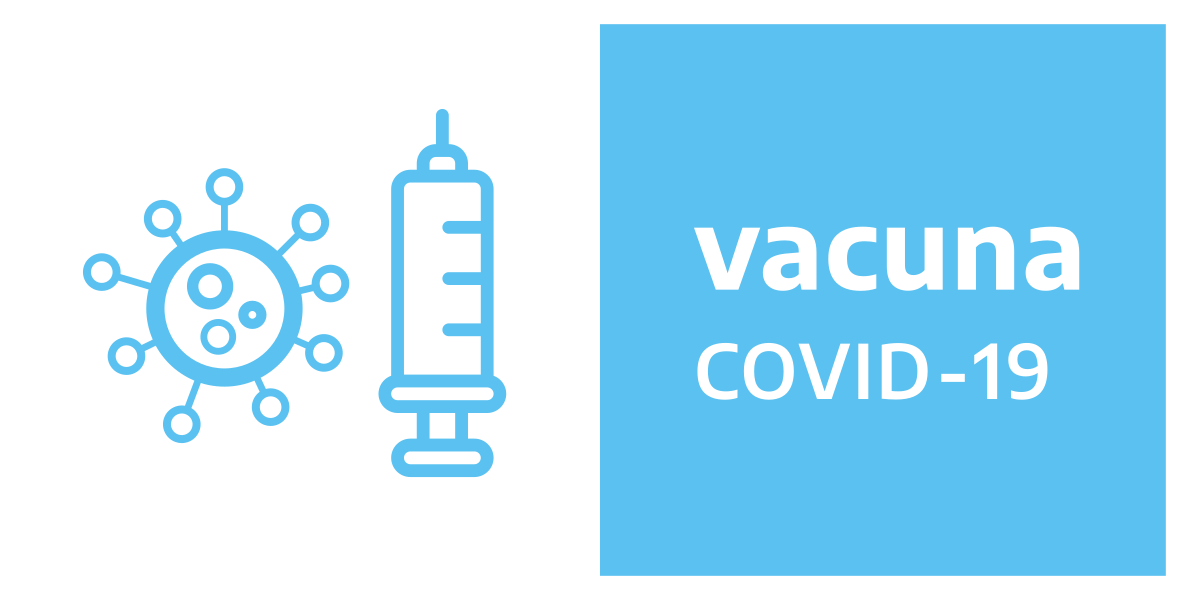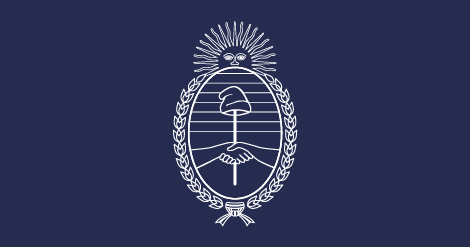It remains to be seen how this plan to vaccinate teaching personnel will affect vaccination plans by age groups, starting with 80 years and up.
Excerpts / Highlights:
The national government announced the start of the vaccination campaign for teaching staff across the country with the doses developed by the Chinese Sinopharm laboratory.
A part of the batch of 904 thousand doses that will arrive on Thursday night from Beijing are destined to immunize teachers starting next week.
Within days of the start of classes in much of the country, the Ministry of Health made the decision to begin vaccinating teaching personnel in order to immunize as many male and female teachers as possible at the beginning of the school year.
"Health, Security and Armed Forces personnel are already being vaccinated.
The time has come to start vaccinating the teachers who will be in front of the classrooms with our children," they explained to Página / 12from Casa Rosada."
During the meeting, the operational details for the start of the vaccination of teachers in all jurisdictions were discussed since, as confirmed by sources who participated in the meeting, all ministers agreed on the importance of starting with the immunization of teaching staff.
Coinciding with the start date of classes, the vaccines will begin to be distributed next week. " An equitable and federal distribution will be made among the provinces, as has been done until now," the Presidency indicated , so it is calculated that the distribution percentages for each jurisdiction will be the same.
The one million Sinopharm vaccines, however, will not be destined exclusively for teaching personnel, but will depend on how advanced the different stages of vaccination are in each province.
In jurisdictions in which, as in the City of Buenos Aires, part of the Health workers still need to be vaccinated, the remaining Health personnel must first be advanced .
The vaccination of teachers, then, will not be homogeneous and simultaneous, but will subordinate the rate of vaccination of each place.
Source: Pagina12
Excerpts / Highlights:
The national government announced the start of the vaccination campaign for teaching staff across the country with the doses developed by the Chinese Sinopharm laboratory.
A part of the batch of 904 thousand doses that will arrive on Thursday night from Beijing are destined to immunize teachers starting next week.
Within days of the start of classes in much of the country, the Ministry of Health made the decision to begin vaccinating teaching personnel in order to immunize as many male and female teachers as possible at the beginning of the school year.
"Health, Security and Armed Forces personnel are already being vaccinated.
The time has come to start vaccinating the teachers who will be in front of the classrooms with our children," they explained to Página / 12from Casa Rosada."
During the meeting, the operational details for the start of the vaccination of teachers in all jurisdictions were discussed since, as confirmed by sources who participated in the meeting, all ministers agreed on the importance of starting with the immunization of teaching staff.
Coinciding with the start date of classes, the vaccines will begin to be distributed next week. " An equitable and federal distribution will be made among the provinces, as has been done until now," the Presidency indicated , so it is calculated that the distribution percentages for each jurisdiction will be the same.
The one million Sinopharm vaccines, however, will not be destined exclusively for teaching personnel, but will depend on how advanced the different stages of vaccination are in each province.
In jurisdictions in which, as in the City of Buenos Aires, part of the Health workers still need to be vaccinated, the remaining Health personnel must first be advanced .
The vaccination of teachers, then, will not be homogeneous and simultaneous, but will subordinate the rate of vaccination of each place.
Source: Pagina12



